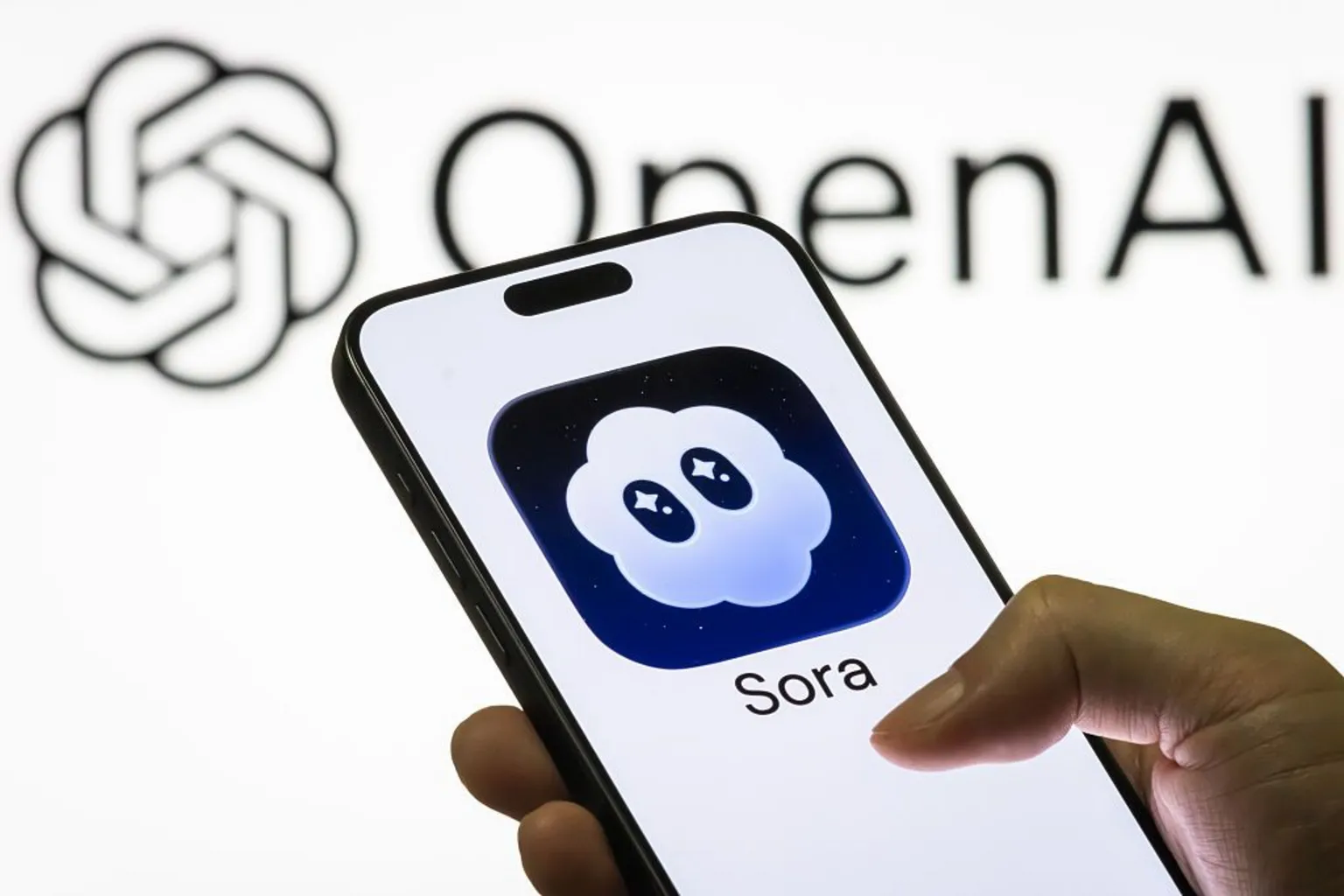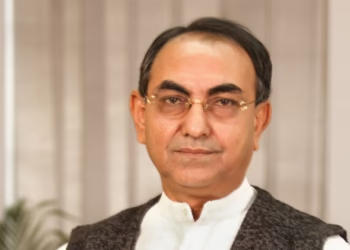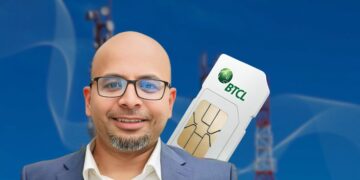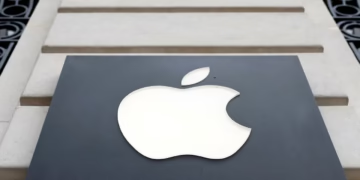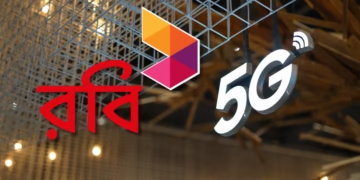Highlights
- Sora APP reached 1 million downloads in less than five days
- The app topped the Apple App Store in the US
- Criticism over AI videos of deceased celebrities
- Legal concerns over copyright and likeness rights
- OpenAI promises more control for rights holders
Sora Breaks Download Records
OpenAI’s new text-to-video Sora APP has hit 1 million downloads in under five days, making it the fastest-growing product from the company—beating even ChatGPT’s launch record.
The app, currently available only to invited users in North America, creates ten-second realistic videos from simple text prompts. It quickly became the top app on the Apple App Store in the United States.
Sora boss Bill Peebles shared the milestone on X, calling it a result of “surging growth.”
“নিজেই তৈরি করুন নিজের অনলাইন স্টোর —
কোনো কোডিং জ্ঞান ছাড়াই! বিস্তারিত জানতে ক্লিক করুন“
AI Videos of Dead Celebrities Spark Backlash
Despite its massive popularity, Sora is drawing heavy criticism online for generating AI videos of deceased public figures.
The app makes it easy for users to post their creations on social media, flooding feeds with AI-generated videos — including lifelike depictions of Michael Jackson and Tupac Shakur.
Actor Zelda Williams, daughter of late comedian Robin Williams, recently asked fans to stop sending her AI videos of her father.
Her plea came after the growing trend of such videos linked to Sora’s popularity.
OpenAI Defends Free Speech but Offers Opt-Out Option
An OpenAI spokesperson told Axios that there are “strong free speech interests” in allowing depictions of historical figures.
However, for recently deceased public figures, authorized persons can request that their likeness not be used. The company did not clearly define what counts as “recent.”
Copyright and Legal Controversy
Sora’s videos often include AI versions of film, TV, and game characters, raising copyright concerns.
In one viral deepfake, OpenAI CEO Sam Altman appears with Pokémon characters, saying:
“I hope Nintendo doesn’t sue us.”
Another video even shows him grilling and eating Pikachu — a move that caught widespread attention online.
Read More: Khelafat Leader Demands Removal of National Stadium Near Baitul Mukarram
While Nintendo has not commented on possible legal action, OpenAI and other AI companies are already facing lawsuits from creators and rights holders over copyrighted content used to train AI models.
OpenAI Promises New Measures
The financial stakes in these lawsuits are high. For example, AI company Anthropic recently agreed to pay $1.5 billion (£1.11bn) to settle a case brought by authors claiming their works were used without permission.
OpenAI says it is actively adapting its policies to address these concerns. On October 4, CEO Sam Altman wrote in a blog post that the company has been
“learning quickly from how people are using Sora and taking feedback from users, rights holders, and other interested groups.”
He added that OpenAI will “give rights holders more granular control over generation of characters” and explore future revenue-sharing options.
Future Uncertain for AI Video Industry
Altman also described Sora videos as a form of “interactive fan fiction,” but it’s unclear whether creators and rights holders will agree.
If they don’t, OpenAI could face serious legal challenges in the coming months — even as Sora continues to dominate the AI video market.
Share via:

